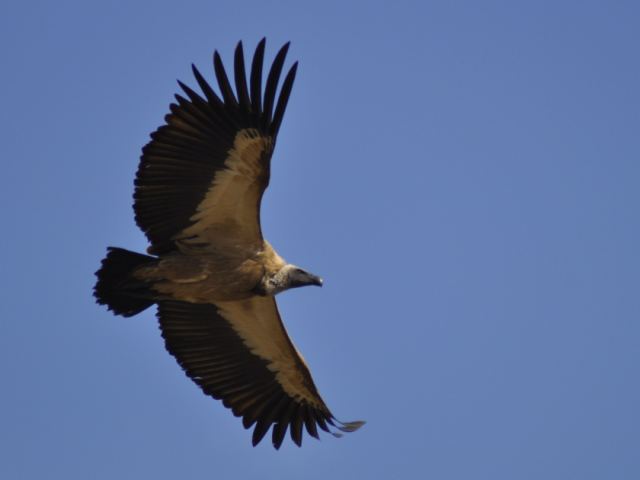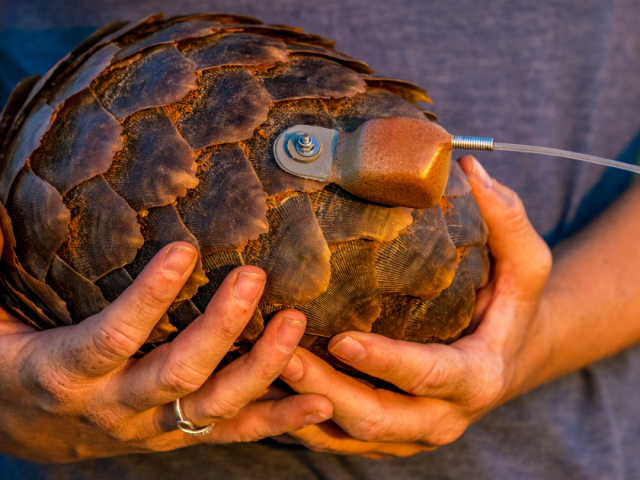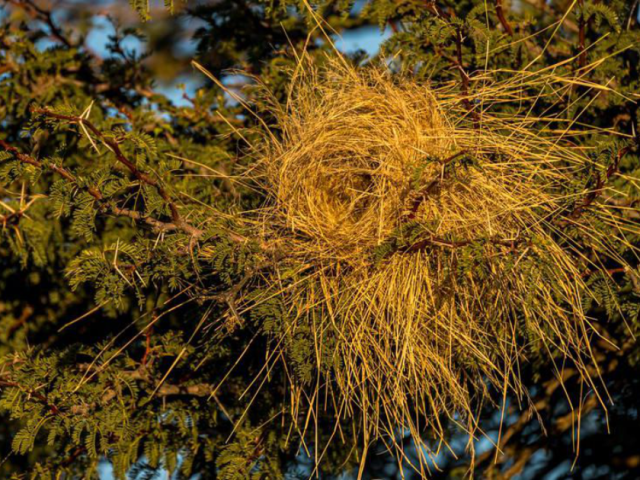OGRC funds researchers, including several young post-grad students who are in the process of making their mark. The Young Voices series gives short profiles of students and the work they are doing in the field.
Featured is Daleen Steenkamp, who is researching the feeding habits and migration patterns of ungulates at Telperion Nature Reserve.
Daleen Steenkamp keeps a close eye on her cameras. An MSc student in nature conservation at ABEERU, at Unisa, Steenkamp has set up 20 cameras at her wetlands research site to track the feeding habits of ungulates and whether they migrate between locations. The title of her project is “The seasonal importance of wetlands to ungulates on Telperion Nature Reserve”.
As the seasons shift, the animals face a trade-off between the less palatable but more nutritional grass in the wetlands, which, however, stays green, and the more palatable but less abundant grass in the regular grasslands.
“If you think of the Serengeti,” says Steenkamp, “animals like the zebra and the blue wildebeest migrate from where there’s less food towards a place where there’s more food. But because Telperion is fenced in, we’re looking at a more local migration. We’re trying to see if they move and if they leave behind the grasslands to go eat this less palatable grass during the winter.”
She notes that “you can already see how the grassland, even in summer times when it rains, is struggling. So the additional vegetation from the wetlands, can support the grasslands and prevent total overgrazing.”
The variety of animals Steenkamp monitors includes zebra, blue and black wildebeest, eland, red hartebeest, waterbuck, impala and springbok.

She is also doing a vegetation assessment to see how the vegetation changes both in abundance and in nutritional quality throughout the season. “We take samples to send to the lab to see how the fibre and the protein in the grasses changes”.
Together with several other students, Steenkamp started her two-year research stint at Telperion last January. She says for her fieldwork she has “one week on, one week off. In my on week I check all my cameras, and do my dung transects. My vegetation assessment is only quarterly, once a season. So it’s just one once in three months when it’s three weeks of hectic field work. And then in my weeks off I try to catch up on admin, put in my field forms into Excel, catch up on writing and reading”.
Every now and then the routine gets broken by something unexpected. Once, instead of the expected large mammal, a cheeky mouse showed its face in one of the camera shots. Steenkamp says she almost stepped on a snake at the beginning of the year, and recently thought her time had come when she surprised a waterbuck. “I was walking, doing my dung transect, and very focused on what I was doing, and there was a baby waterbuck in the grass, and I didn’t see it. It was about two when it just shot up and ran, and I thought, ‘I’m going to die’. Because you don’t know what it is. It just happened so fast.”
One of then treats of living on the reserve is regularly seeing a leopard. “We have a local leopard that’s not too far from the house, and it’s very close to one of my sites. We’ve been seeing her regularly for about a month now, and she has two or three little cubs. I saw it last year for the first time. Now it’s always around the house. Once there was a leopard that made a kill about 500 metres from the house, and we went to see it in the middle of the night. We drove out because we just heard the jackal going crazy, and we saw the leopard with a blesbok.”

“They’re usually such secretive creatures. It’s quite unusual to have repeat sightings like that,” says Steenkamp.
She hopes that her research will “prove the importance of wetlands overall. I think people already understand that wetlands are quite important as they harbour a lot of different species -plant species and small vertebrates, invertebrates, birds.” And as her cameras keep snapping away, she hopes the results will be useful in providing lessons for the management of Telperion.
Author
- Young Voices – Daleen Steenkamp - June 11, 2024
Additional News
Pangolins are elusive and heavily trafficked. At Tswalu, researchers are working to uncover their secrets and aid conservation.
Declining Sparrow-Weavers may threaten other birds that rely on their old nests for shelter.





